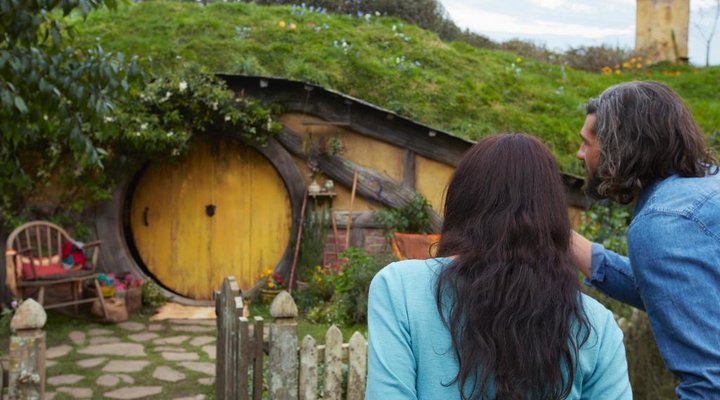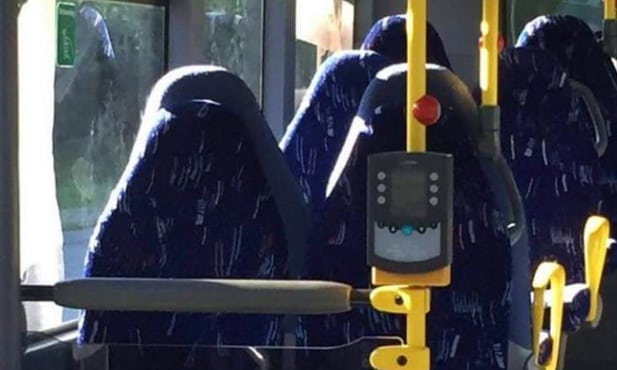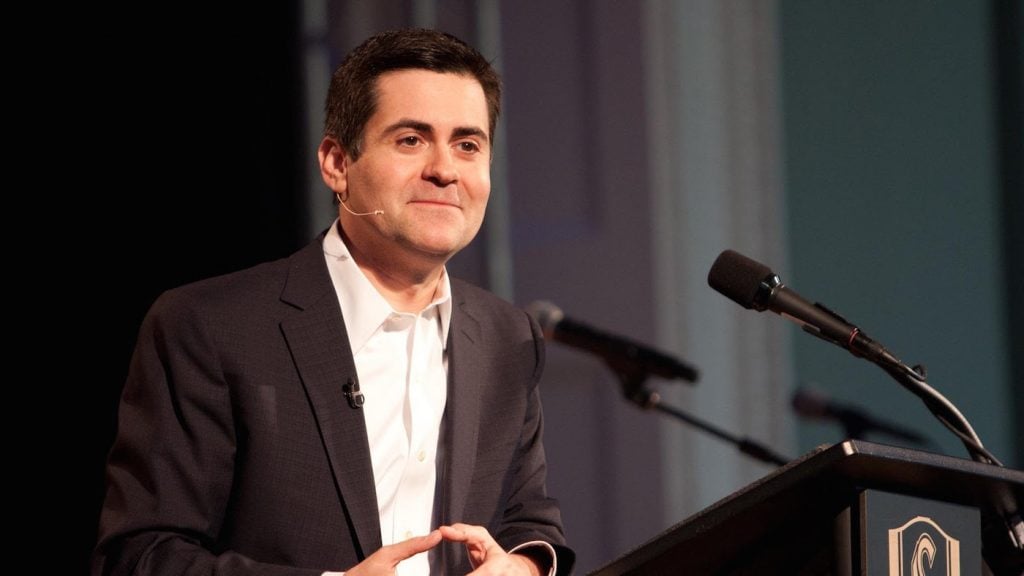[vc_row][vc_column][vc_column_text]
CHICAGO, IL (August 11, 2017) — Covenanters routinely share links to social media articles and videos that Covenant News Service believes may be of interest to others. Each Friday we post five of them. Following is a sample of those submissions—their inclusion does not represent an endorsement by the Covenant of any views expressed.
A Brief History of the Coffee Shop as Symbol for Gentrification
If you ever wondered what the Ottoman Empire, the British trade expansion in the seventeenth century, and Starbucks have in common, you can find the answer here. One difference: At some point during the 1500s, religious leaders and rulers in the Ottoman Empire denounced coffee, saying it could lead to gambling and sexual immorality.
From the article: “Nevertheless, coffee critics have reason to fear that new stores mean their neighborhood is changing: There’s a long history of coffee shops accompanying an influx of middle-class people and tastes into poorer neighborhoods. Though coffee’s long been an affordable drink for the masses, coffee shops have—for just as long—appealed primarily to the leisure class.”
You no longer have to feel like a fool when you’re caught talking with your favorite conversation partner.
From the article: “Writing in Scientific American, psychologist Charles Fernyhough reveals why we’re our best conversational partners. Scientists have only recently learned how to study self-talk — and it’s opening up exciting new avenues of research.”
When Do Moviegoers Become Pilgrims
 “Lord of the Rings” continues to inspire fans to travel to New Zealand. At one point, more than 50,000 people a year traveled to Dyersville, Iowa, to see “Field of Dreams.” Numerous other movies have sparked similar pilgrimages. If that is what they are, what does it mean to go on pilgrimage, and why do we do it?
“Lord of the Rings” continues to inspire fans to travel to New Zealand. At one point, more than 50,000 people a year traveled to Dyersville, Iowa, to see “Field of Dreams.” Numerous other movies have sparked similar pilgrimages. If that is what they are, what does it mean to go on pilgrimage, and why do we do it?
From the article: “Tourists feel they’ve been somewhere important, ‘breathing the same air’ as their cinematic heroes. They often bring back ‘relics’ from their travels to show a place has made an impact – not unlike what occurs in more traditional religious pilgrimages, such as the Catholic shrine in Lourdes, France.”
Bus Seats Mistaken for Burqas by Anti-Immigrant
 An anti-immigrant Facebook group from Norway invited ridicule when it mistakenly thought a photograph of empty bus seats posted on its page was a group of women wearing burqas. This is a great reminder that our prejudices can often leave us looking foolish—and that things are not always as they seem.
An anti-immigrant Facebook group from Norway invited ridicule when it mistakenly thought a photograph of empty bus seats posted on its page was a group of women wearing burqas. This is a great reminder that our prejudices can often leave us looking foolish—and that things are not always as they seem.
From the article: “Other members of the 13,000-strong group, for people ‘who love Norway and appreciate what our ancestors fought for,’ wondered whether the non-existent passengers might be carrying bombs or weapons beneath their clothes. ‘This looks really scary,’ wrote one. ‘Should be banned. You can’t tell who’s underneath. Could be terrorists.’”
Russell Moore on Courage
 This may be the first time a podcast episode has popped up on Five for Friday. Russell Moore, president of the Ethics and Religious Liberty Commission of the Southern Baptist Convention, reflects with Mark Labberton on topics that include the impact of the civil rights movement, the need for a new moral imagination in American Christianity, and Moore himself. Some will recall that there was recently an unsuccessful move to oust him from his position with the SBC because of stands he has taken on moral and justice issues.[/vc_column_text][/vc_column][/vc_row]
This may be the first time a podcast episode has popped up on Five for Friday. Russell Moore, president of the Ethics and Religious Liberty Commission of the Southern Baptist Convention, reflects with Mark Labberton on topics that include the impact of the civil rights movement, the need for a new moral imagination in American Christianity, and Moore himself. Some will recall that there was recently an unsuccessful move to oust him from his position with the SBC because of stands he has taken on moral and justice issues.[/vc_column_text][/vc_column][/vc_row]
Do You Talk to Yourself? Scientists Love It
 You no longer have to feel like a fool when you’re caught talking with your favorite conversation partner.
You no longer have to feel like a fool when you’re caught talking with your favorite conversation partner.
From the article: “Writing in Scientific American, psychologist Charles Fernyhough reveals why we’re our best conversational partners. Scientists have only recently learned how to study self-talk — and it’s opening up exciting new avenues of research.”














